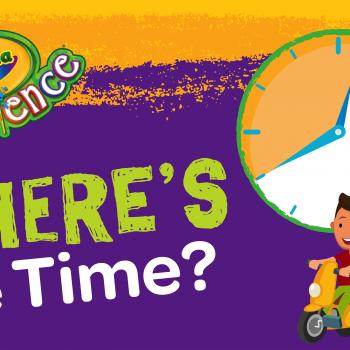Change Starts Now
If you’ve been stepping in too much—and doing too much—for your tween or teen, it’s not too late to change. “My advice to those who are getting with it later is simply: start,” said Caleb Backe, a health and wellness expert for Maple Holistics. “Many times, kids are looking for that responsibility, though they don’t even know it.”
Weis cautioned that while “it’s never too late to help older kids learn these skills, it will take a mindful effort on their parent’s part, coupled with consistency and patience.”
Also, parents should remember it’s not just for the child that you’re guiding your tween or teen toward self-reliance. “Raising self-reliant kids is raising a self-sufficient child who is not only a good steward of his or her own life, but a good steward of the community and the world,” pointed out Jennifer Ludy, a mom, wife and entrepreneur.
Here are some tips to get started or to continue the work of raising self-reliant tweens and teens.
Loosen your grip. We often make the mistake of addressing our tweens and teens like we did when they were preschoolers or first graders, but as they get older, we have to adjust the way we treat and interact with them. “You must begin to loosen your grip and shorten your parameter of control, giving ample space allowing them the ability to make decisions,” said Damon Nailer, father of four, author, motivational speaker and consultant.
Take it slow. Overall, “raising self-reliant kids is a slow wean, as the parent moves from doing everything for them because they can do nothing for themselves, to doing nothing for them because they have mastered the art of self-sufficiency, or ‘adulting’ independently and successfully,” said Wiley.

Develop a game plan. If you don’t know where you’re going, you won’t get very far. Figure out what you want your kids to learn or do, then decide how you’re going to do that. Wiley recommended holding weekly meetings as husband/wife and as a family. “These meetings are a great way to ensure that life doesn’t get so overly chaotic that you cease being proactive in the plans you have to teach your kids the skills you want them to learn,” she said.
Model behavior. Part of self-reliance includes taking ownership of our choices and actions. “When we as adults model this behavior, it will be easy enough for our children to do the same, for example you might do this by modeling to them organizational skills in the form of using a calendar or alarms,” said Lakiesha Russell, a licensed professional counselor of The Evolving Chair in Milwaukee.
Step back. Especially with tweens and teens, it’s important for parents to stop rushing to the rescue—even in small things. “It is so natural for us as parents to do things for our children, but if we continue to come to their aid, how will they ever know what they can accomplish?,” Russell said. For example, when Russell’s 10-year-old son has trouble in math, she walks him through how to approach his teacher for help in improving his grade. “I provide my son with the language to use but encourage and let him know that he can do it without my help,” she said.
Increase privileges. For this age group, it’s important to balance more chores with more privileges. For instance, a teen who cooks dinner for the family once a week can certainly go out with friends to lunch at a restaurant without mom or dad. Nailer recommended also increasing allowance and extending curfew as ways to show your teen you recognize his or her responsible nature.
Look at the bigger picture. “Life skills should be about helping a child learn values,” Ludy said. For example, by doing chores and learning how the world works, kids develop “the initiative to do something because it needs to be done; the integrity to do the right thing even when no one is looking; the organization to plan, arrange and implement in an orderly fashion; the patience to wait calmly; the perseverance to continue in spite of challenges; and the caring to feel concern for others,” she said.











